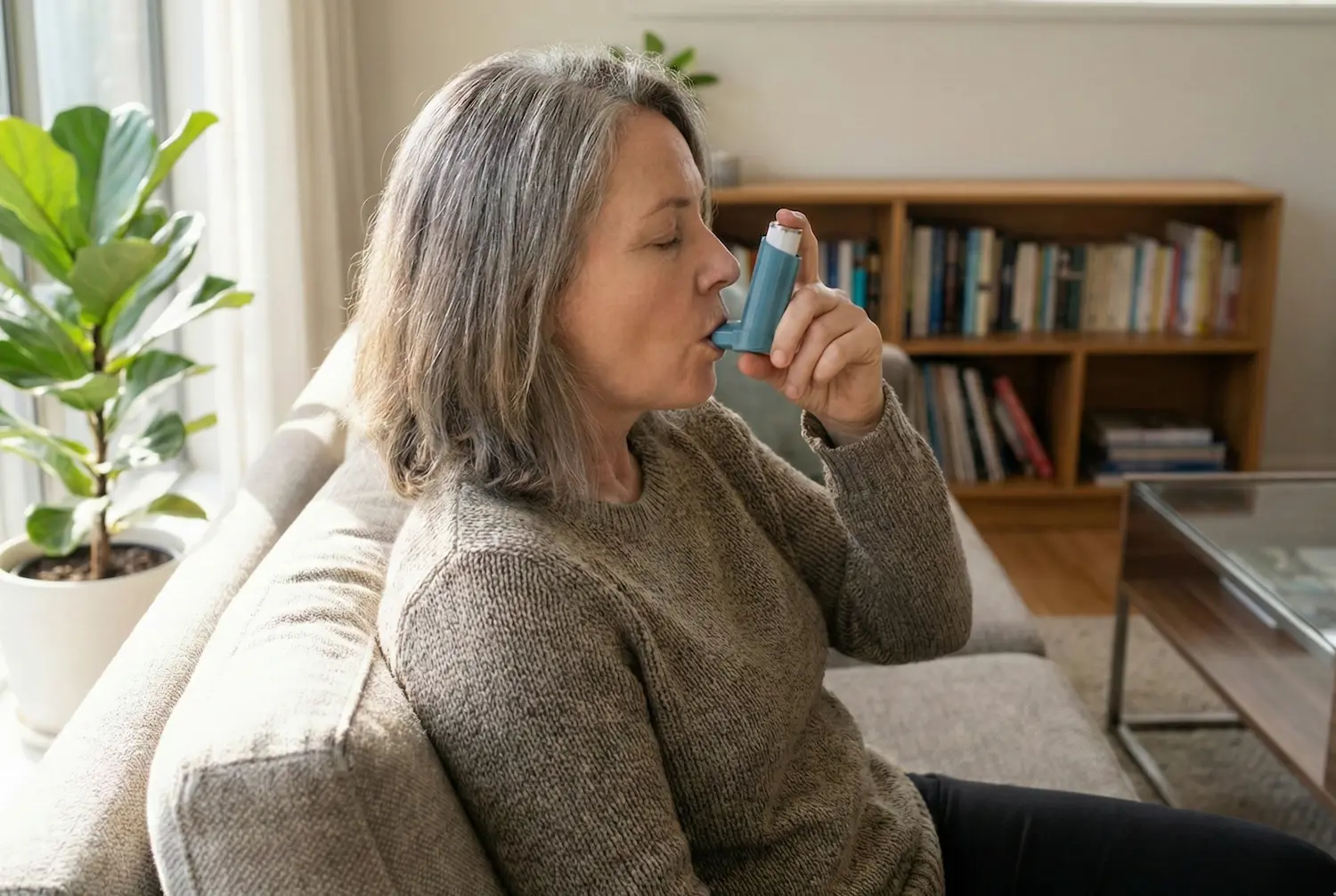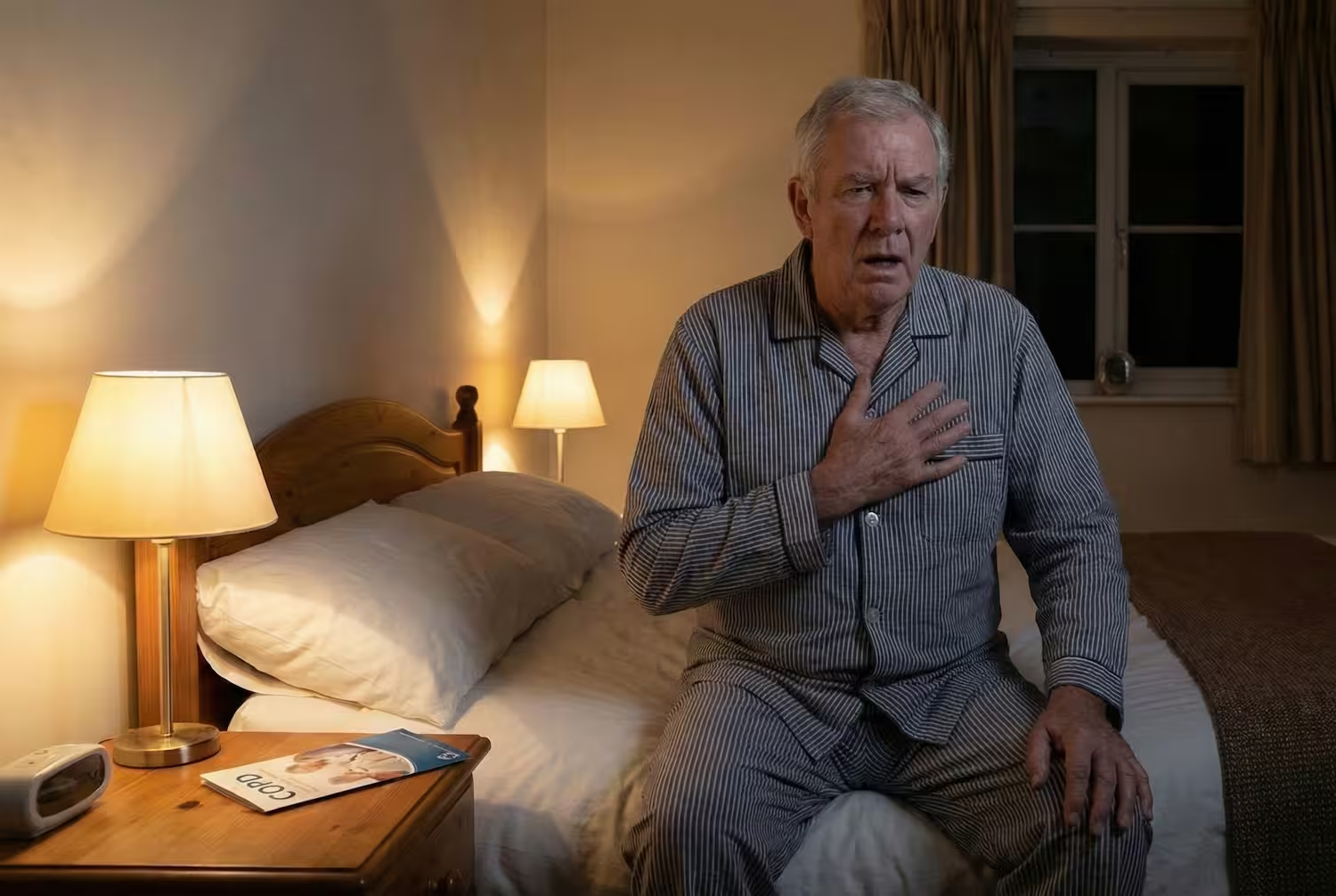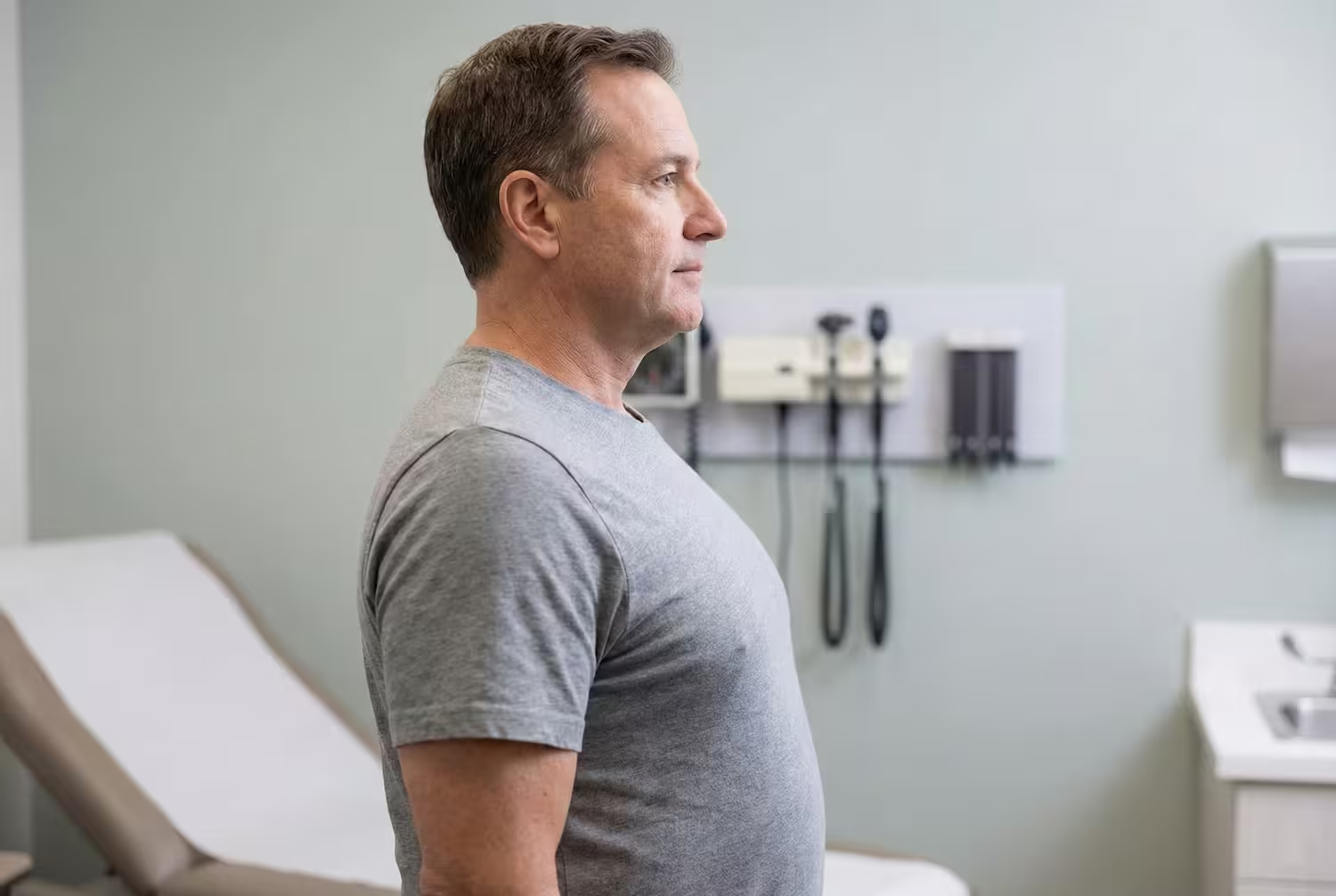
Navigating the path to recovery after an injury or a major health event can be a challenging journey, one that requires a deep understanding of your physical abilities. Enter the functional capacity evaluation (FCE), a comprehensive assessment tool designed to shine a light on your strengths and pinpoint areas that need attention.
We’re here to explore what an FCE involves, the reasons behind its significance, and how it
helps in crafting personalized rehabilitation plans. Ready to delve into this crucial element of recovery? Let's get started.
What Is an FCE?
A functional capacity evaluation (FCE) is a comprehensive assessment that evaluates an individual's ability to perform a series of tasks. These tasks often relate to specific job duties or daily living activities. FCEs are used to ascertain one's physical capabilities, assessing factors such as strength, endurance, speed, and flexibility.
There are several reasons one might need an FCE. After an injury or illness, it can help determine a person's functional capabilities and limitations, guiding a personalized rehabilitation plan.
This is particularly crucial for individuals returning to work post-injury. An FCE can provide objective evidence about whether it's safe for an employee to return to their original job duties or if workplace accommodations are needed to facilitate their successful reintegration into the workplace.
Employers may also request an FCE as part of a pre-employment screening process to ensure a prospective employee can perform the job's physical requirements. FCEs are also used to evaluate disability claims, substantiating an individual's claims about their physical capabilities and limitations.
What Does an FCE Evaluate?
An FCE evaluates multiple aspects of physical ability. These typically include physical strength, range of motion, endurance, and functional abilities. These evaluations are conducted using various equipment and tests designed to measure each of these components accurately.
Physical Strength and Endurance
An FCE measures physical strength and endurance through a combination of strength tests and aerobic capacity tests. Strength tests may include grip strength tests, where individuals squeeze a dynamometer to measure hand and forearm strength. Aerobic capacity is typically evaluated through treadmill tests, which monitor an individual's endurance and cardiovascular fitness.
Range of Motion and Flexibility
Range of motion and flexibility are other crucial elements evaluated during an FCE. The assessor may use joint movement tests and flexibility tests to measure these capabilities.
Tools like goniometers may be employed to determine joint flexibility and the range of motion. By measuring the angles of your joints and their range of motion, the goniometer can help the assessor n measure how far you can bend or straighten a specific joint, such as your knee or elbow.
Sit-and-reach tests, which help measure the flexibility of your lower back and hamstring muscles, are also common for assessing overall flexibility.
Functional Abilities
An FCE doesn’t just assess basic physical capabilities. It also evaluates functional abilities, such as the ability to lift, carry, or push and pull objects. Common functional ability tests include the floor-to-waist lift, where an individual lifts an object from the floor to their waist, and the overhead lift, assessing the ability to lift items above the head.
Such functional evaluations are critical for individuals who have undergone cardiac events and are in the process of rehabilitation. They can guide the team at Carda Health as they design a tailored exercise regimen that helps support these functional abilities while catering to the individuals' limitations and ensuring cardiovascular health is not compromised.
Who Conducts an FCE?
Functional capacity evaluations are conducted by trained professionals who have a deep understanding of human physiology and biomechanics. This could include physical therapists, occupational therapists, physicians, or clinical exercise physiologists.
Clinical exercise physiologists are experts at designing and implementing exercise programs to serve as therapeutic solutions for chronic health issues or patients recovering from an injury, illness, or major health event.
At Carda Health, for example, our expert clinical exercise physiologists have a minimum of six years of experience working to help patients improve their quality of life after a cardiac event, offering guidance and support throughout the rehabilitation journey.
Selecting the right professional to conduct an FCE is crucial. A comprehensive understanding of your health history and physical capabilities is necessary for an accurate assessment. The results can greatly impact your rehabilitation journey or employment prospects, so be sure to choose a professional with relevant expertise and solid credentials.
What Happens During an FCE?
During a functional capacity evaluation, you will be asked to perform a series of tasks. The evaluation's specifics will depend on your unique situation, but generally, you can expect to undergo a series of physical assessments.
These can include strength-testing activities like lifting weights or using resistance bands, flexibility tests such as reaching or bending exercises, and endurance tasks like walking or running on a treadmill. The professional conducting the test will likely use specific equipment to measure your abilities in each of these areas accurately.
You'll be closely observed during these tests to ensure you're performing the tasks safely and correctly. The professional conducting the FCE will monitor things like your posture, movement technique, heart rate, and breathing.
In some cases, you may also be asked to perform tasks related to your job or daily living activities. For example, you might be asked to demonstrate how you would lift a heavy box or reach for an item on a high shelf.
While the actual evaluation process may take several hours — and in some cases may take place over the course of two days — remember that your well-being is the priority. Let your evaluator know when you need to take breaks and communicate openly with them about your comfort and any concerns you may have.
What Happens After an FCE?
Following a functional capacity evaluation, you'll receive a detailed report outlining your physical capabilities and limitations. This data plays an integral role in informing various decisions regarding your health and wellness journey or work situation.
For instance, the results may help your provider develop a personalized rehabilitation program, focusing on improving your strengths and addressing limitations.
If the FCE was conducted for employment-related reasons, the results could assist in determining whether you can return to your previous role or if modifications are required. For disability claims, the FCE report can provide critical evidence supporting your claim.
Interpreting the results of an FCE can be complex, given the variety of tests and measures involved. However, the professional conducting the FCE should explain the findings in a way that's understandable and helpful. Don't hesitate to ask questions or request further clarification if something doesn't make sense to you.

What Are the Limitations and Risks of FCEs?
Like any assessment, FCEs have their limitations. They provide a snapshot of your functional capabilities at a specific point in time and might not accurately reflect your abilities on a day-to-day basis. Factors such as pain levels, fatigue, and psychological factors can influence the results.
While the goal of an FCE is to safely assess your capabilities, there is a risk of injury during the evaluation if tasks are performed incorrectly or if your limits are pushed too far. That's why it's crucial to communicate with the professional conducting the FCE about any discomfort or concerns you have during the evaluation.
To minimize these risks and enhance the accuracy of an FCE, it's essential to work with experienced professionals. At Carda Health, we prioritize your safety and comfort.
Our expert clinical exercise physiologists understand the importance of accurately gauging your capabilities while ensuring your well-being. Whether you're embarking on a new rehabilitation program after a cardiac event or striving to enhance your overall fitness and wellness, you can trust in the comprehensive support offered by the Carda care team.
The Bottom Line
In the journey to recovery and wellness, understanding your physical capabilities is a critical component, and a functional capacity evaluation (FCE) can help provide that insight. This extensive assessment plays a pivotal role in shaping personalized rehabilitation plans, facilitating safer workplace reintegration, and substantiating disability claims.
At Carda Health, we leverage the power of these evaluations to enhance our cardiac and pulmonary rehabilitation programs. Our clinical exercise physiologists tap into their extensive experience to develop therapeutic exercise regimens crafted with your specific capabilities in mind.
These programs are not only scientifically driven, but they are also flexible and comfortable, adapting to your home environment. So, whether you're rebuilding strength post-injury, recovering from a cardiac event, or simply seeking a more wellness-oriented lifestyle, you can trust Carda Health to accompany you on this journey.
Sources:
Functional Capacity Evaluation & Disability | The Iowa Orthopedic Journal
What is a Clinical Exercise Physiologist? | CEPA
The Importance of Functional Capacity Evaluations (FCE) | Colorado Occupational Medical Partners

.avif)






